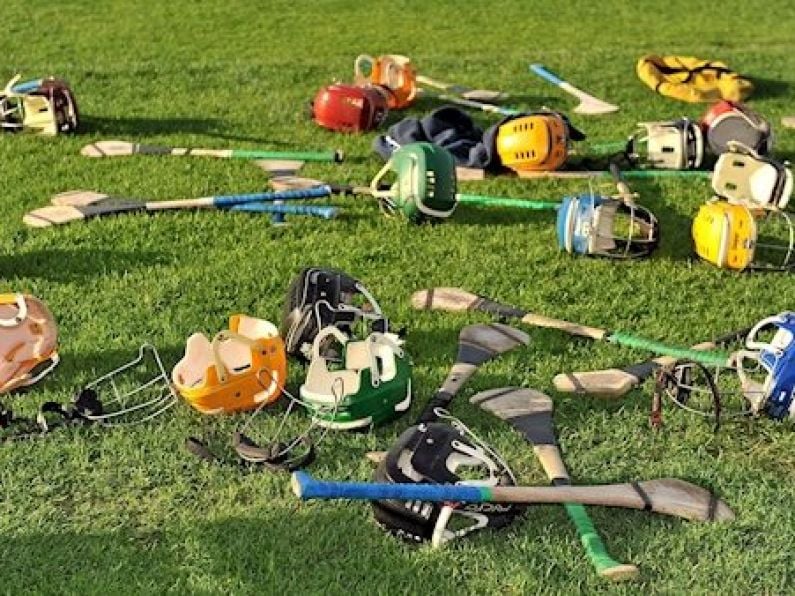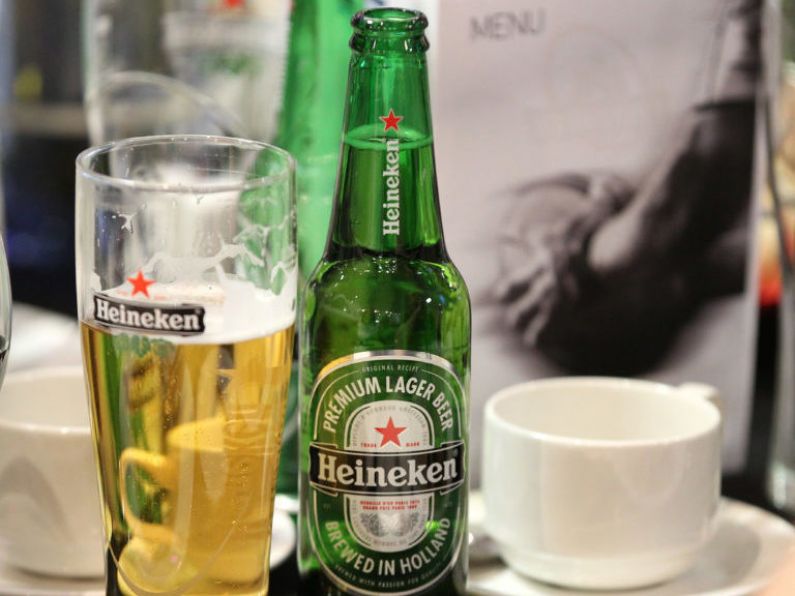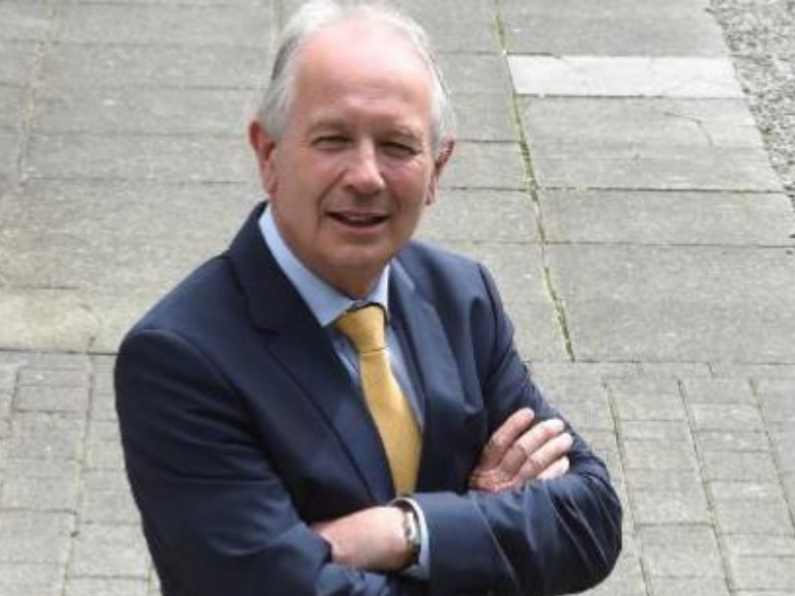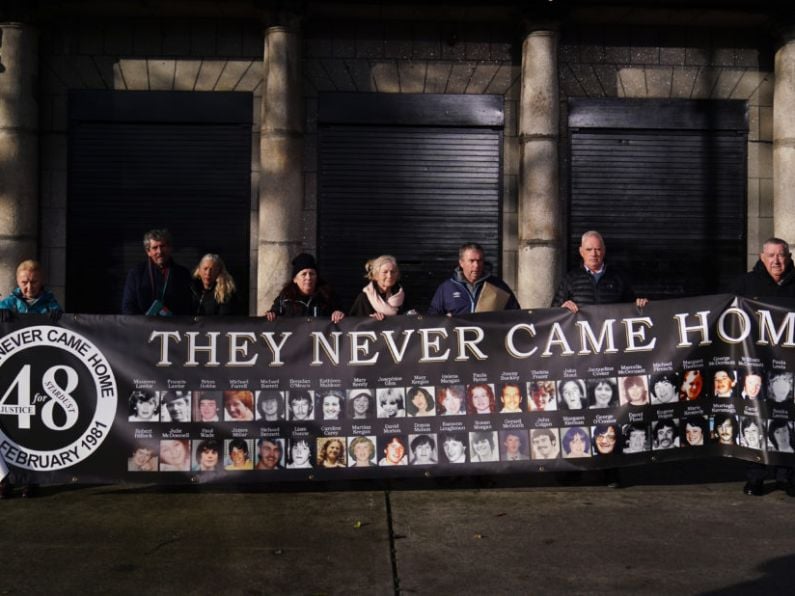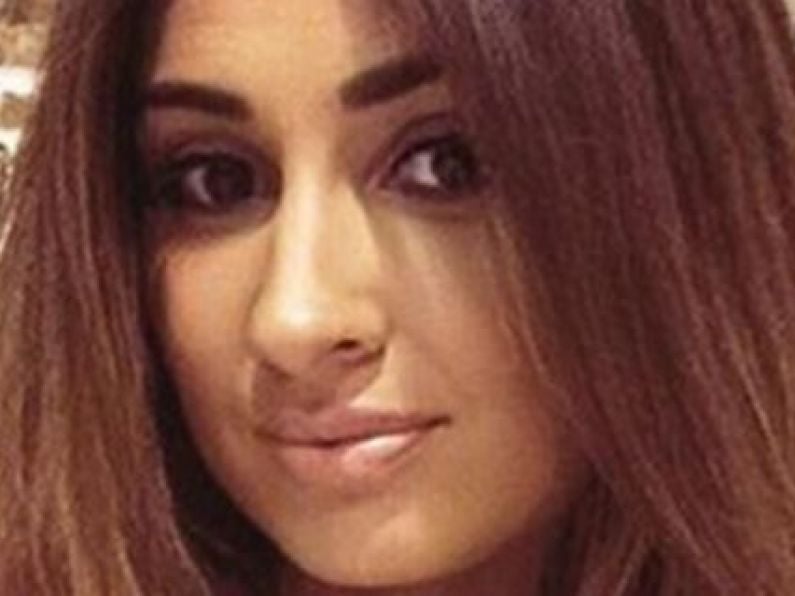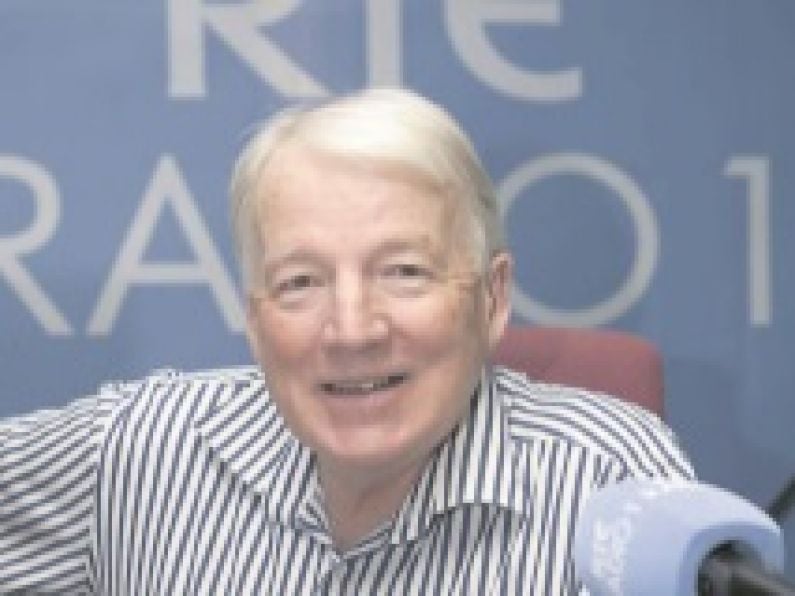Michael Moynihan on how the acclaimed RTÉ TV series captures a game "as multifaceted as a diamond".
Last year UNESCO considered applications for special cultural status at a meeting in Paris, and among the submissions made was one from the GAA seeking the inclusion of hurling.
It was an interesting application to make, and had no guarantee of success, but a look at UNESCO's own guidelines suggested to any objective eye that hurling stood a good chance.
According to the organisation itself, it believes "that cultural heritage does not end at monuments and collections of objects.
It also includes traditions or living expressions, inherited from ancestors and passed on."
By any standards hurling would surely be covered by those criteria, but the Irish team making the case for hurling didn’t leave anything to chance, however.
They used clips from The Game, the documentary series broadcast last year on RTE, to bolster their cause with the adjudicating panel.
Aidan O'Sullivan, Professor of Archaeology at UCD, was part of that team and would later state on social media: "In Paris, there were quiet expressions of astonishment amongst UNESCO delegates at the videos."
The application was successful, with hurling and camogie duly recognised and duly inscribed on "the UNESCO Representative List of the Intangible Cultural Heritage of Humanity."
As a description it’s a mouthful, but then hurling is as multifaceted as a diamond.
First and foremost a competitive elite sport, it’s also an expression of cultural identity. It is immediately recognisable as a stunning visual feast - witness the UNESCO judges in Paris - yet it remains a minority pursuit in much of the country.
Hurling has an ancient pedigree which literally reaches back into the mists of legend but is now at the cutting edge of science and technology.
The intersection of these different elements of hurling has always been one of the most interesting aspects of the game.
Every sport has its traditions and beliefs, its long-held shibboleths and articles of faith, and hurling is no different: a game that can cite the experience of players two millennia ago has no shortage of strongly-held beliefs.
Yet hurling is also in flux, changing all the time, caught between modern principles and practices common to all field games - the primacy of possession, the benefits of sports science - which can appear to be at odds with its strongest traditions.
That the game of hurling was never faster is beyond doubt yet there are conservatives who don't subscribe automatically to the corollary belief that the game was never better.
Making The Game meant acknowledging these differing aspects of hurling, not all of which are mutually inclusive.
Doing justice to everyone's notion of hurling - its intangible heritage, as UNESCO might say - was always going to be a challenge, but from the outset it was easy to be confident about the quality of the contributions.
Having people like Ger Loughnane, Tommy Walsh, Sean Og O hAilpin, Joe Connolly and others articulate their passion for the game helped to pinpoint one striking element of hurling - those who are immersed in the game are always evangelists for the cause.
That shouldn't be surprising. Every evangelist believes his is the true faith, after all.
Stepping back and casting a cold eye on the series now is to be reminded of the breadth of the sport and that in turn is supplemented by the contributors playing against type.
Sambo McNaughton's earnest delivery mightn’t surprise those who know the Antrim man, but Donal O’Grady’s identification of legendary figures, Michael Lyster’s historical sketches, even Brian Cody’s quick flare of emotion on the prospect of breaking a favourite hurley?
All contribute to a sense of the broadness of the church.
Hurling carries a different resonance to someone born and raised in the Glens of Antrim compared to someone who learned his hurling on the northside of Cork city, while those reared on dust flying in the square and Hell’s Kitchen may purse their lips at the prospect of the ball being 'played through the lines’ by hand and stick.
Yet anyone who knows the game knows that ‘church’ may be the most appropriate term.
Hurling exerts a hold on its followers that might be analogous to religion: exasperation with the current practice isn’t the same as rejection of the underlying principles.
Episode four of The Game airs on August 13th and offers another revealing array of views. Richard Stakelum's precise evaluations contrast with the suppressed emotion in Richie McCarthy’s comments.
Brian Cody, so often a stoic sideline presence, will surprise many with his emotional precis: "I almost forget myself that I actually had the privilege of playing the game for a long time . . .
"If I could have stayed hurling, stayed playing the game, that's what I would have done. Of course.
"All hurlers are the same. If you could play forever, you would."
The game never leaves you.
Michael Moynihan was the series consultant on The Game.
This story first appeared on RTÉ.ie.
